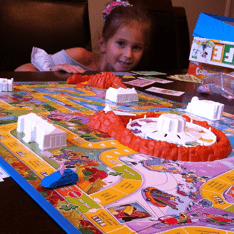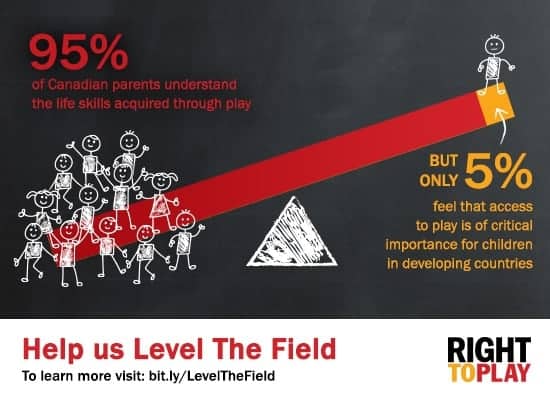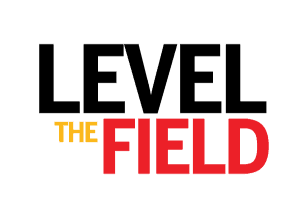We are a big gaming family. We play because it’s fun, of course. But there are so many other benefits that come from playing together as a family. In fact, according to the Canadian Council on Learning, play nourishes every aspect of children’s development – it forms the foundation of intellectual, social, physical, and emotional skills necessary for success in school and in life.
Play paves the way for learning.
In our house, there are games that Emily wins because she’s the oldest and has lightening speedy hands for Spit or Perpetual Commotion. There are games that Josh wins because he’s the best at math and problem solving. He will always win at Backgammon and Clue. There are games that Isabella wins because she’s, like, some sort of Ticket to Ride phenom.
But, at (almost) 12, 10, and 7, my children are at very different stages developmentally, and sometimes choosing a game to play together as a family can prove rather challenging. We often go for some of the same games—UNO, Sorry!, LIFE, Candyland. It’s the ANY GIVEN SUNDAY approach. What this means is that all three kids—regardless of age, gender, or skill—have an equal chance of winning the game. On any given Sunday, or Monday, or even Tuesday, the second grader has a fair shot at beating the 6th grader.
Along with my absolutely wonderful partner Kyle Shewfelt, you may already know that I am working on a particular project in Right To Play’s Level The Field program and it is called We Help Children Lead.
Right To Play promotes equality by working to involve all children and youth in sport and play. They believe that the power of play can transform a child’s life. That’s why Right To Play is working in the most disadvantaged areas of the world engaging girls, persons with disabilities, children affected by HIV and AIDS, street children, former child combatants and refugees.
I can’t help but think that what I am helping to promote in my Level the Field program—that all children can be involved, from girls to children with disabilities etc., that all children can play, that all children can lead—is exactly what I have been promoting in my own home for years. All three of my children can be involved; all three can be leaders, no matter what the variables.
And it seems that I am not the only one.
Right To Play conducted a survey of Canadian Parents between September 17 – 24th, of this year, and the survey found that Canadian parents use play-based learning in their homes to teach essential life skills to their children. They understand how these skills contribute to a better future. According to the findings, six out of ten (61%) parents use play to teach their children that everyone is equal. 76% use play to focus on education, 83% say that they use play to focus on how to resolve conflicts.
Interestingly, though, while parents believe play is an important tool to teach essential life skills, they underestimate its impact on children in developing countries.
95% of Canadian parents agree that play is important in teaching their own children essential life skills and use these techniques within their households. 70% strongly agree that play is essential to the development of children.
But, only 5% of parents see access to play as the most important factor for children in developing countries, falling last behind access to Healthcare (36%), Conflict-free environment (24 %), Education (23%), Gender equality (7%).
Fascinating, isn’t it? Parents know that play is essential for so many important life skills, and yet sometimes they can’t see it. The reason for this, I would guess, is because we take it for granted. We encourage our children to play daily—outside on the trampoline, with friends in the park, at recess, on sports teams, at our family games night table—but we may not stop to think about a) how lucky we are to even be able to play and b) how much our children are actually, truly getting out of the experience, how much it is shaping who they ultimately grow up to be.
What Right To Play is doing in West Africa, and all over the world, is not just about FUN. It really does form the foundation of intellectual, social, physical, and emotional skills necessary for success in school and in life. It’s important. So important.
As I explained in my last post, Right To Play wants YOU to come to West Africa to help them Level The Field. They want to send one parent ambassador (hopefully ME!) to a program site in Africa.
All you need to do is vote and join the program!
I urge you to click over to the Right To Play Facebook page to learn more about my particular program—We Help Children Lead in Benin—and about the programs of the five other Canadian parents and Athlete Ambassadors. Once you are there, you will have the opportunity to (please, please) vote for the program that you feel most passionately about; the one that you would want the opportunity to visit and actually see in action (Yes! You! In Africa!). While I hope you’ll choose my program, I certainly wouldn’t discourage you from voting for any of the other programs too, since we are all working toward the same cause: to highlight the amazing work that Right To Play does all over the world; whether it be healthcare, gender equality, education, or conflict resolution.
PLEASE VOTE!
I know that not everyone is super into the idea of actually traveling to Africa. But there are so many other ways to help! Click on over to the Level The Field Facebook page and sign up for the Right To Play newsletter—you can learn even more about the organization and how YOU can help!
This campaign was made possible through funding received from the Canadian International Development Agency (CIDA)
The Level The Field campaign focuses on countries in the WAFA region (Liberia, Ghana, Benin, Rwanda and Mali) and raises awareness about the work Right To Play does in their communities.

















3